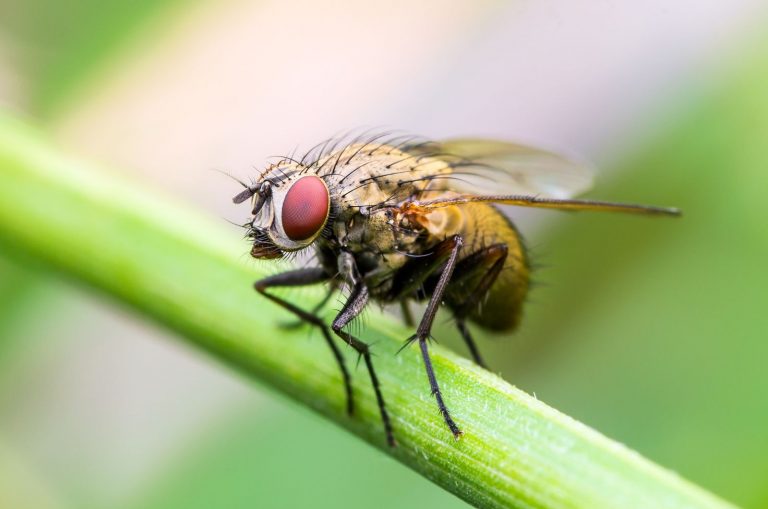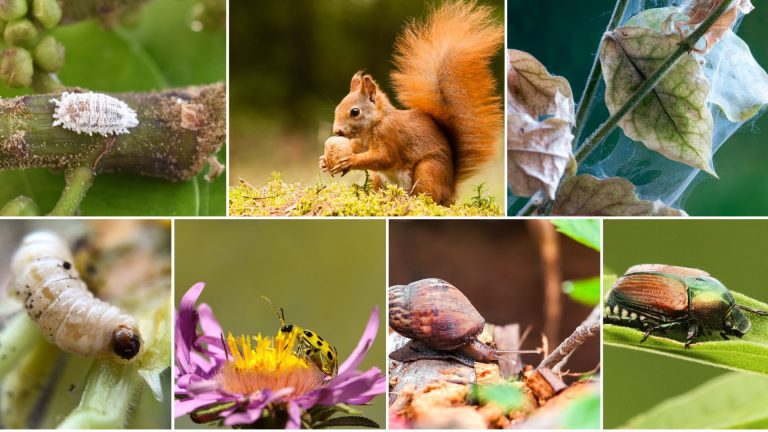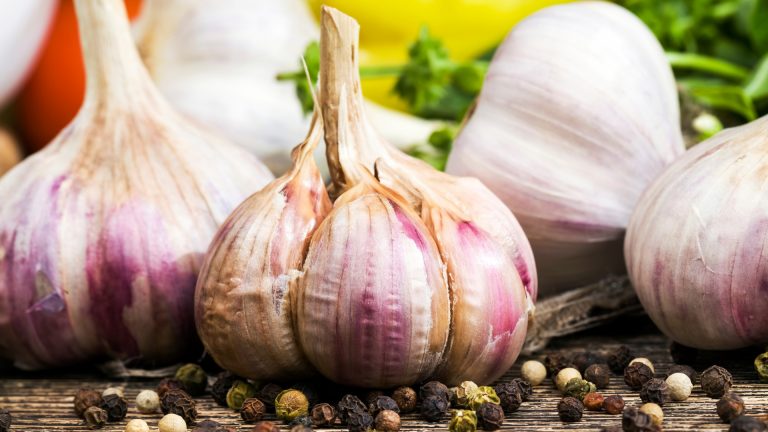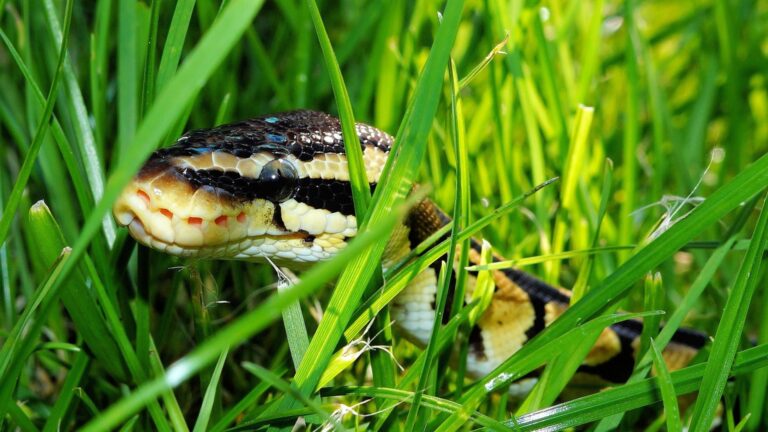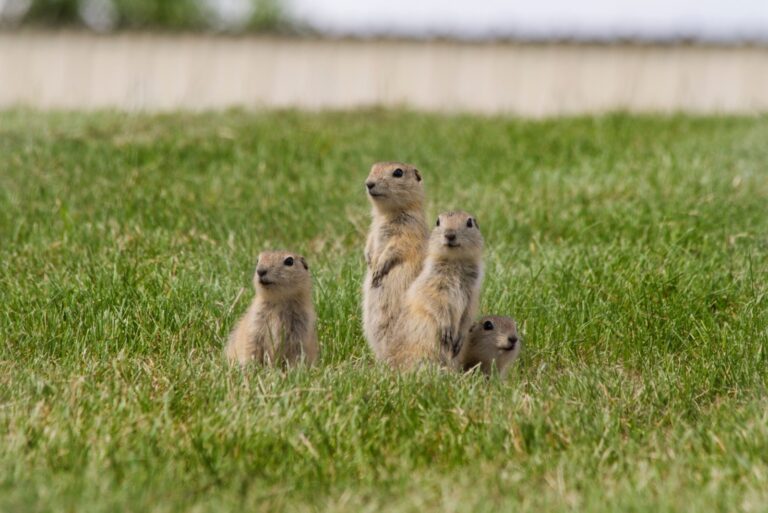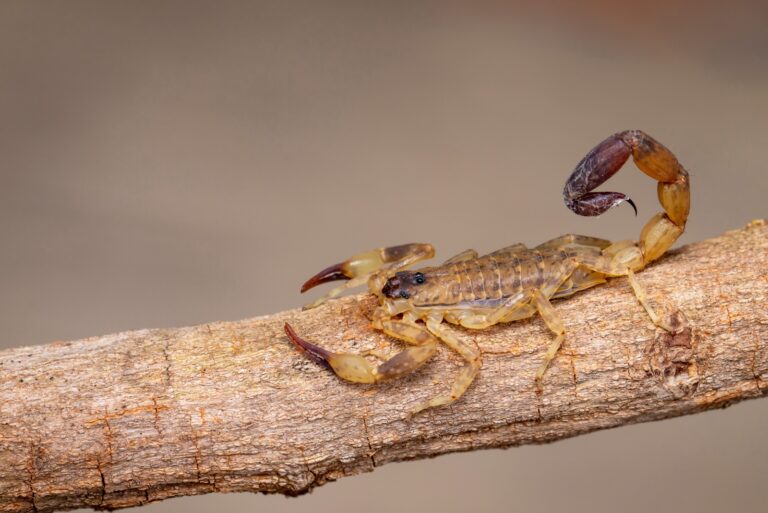7 Home Remedies Illinois Homeowners Use To Stop Squirrels From Eating Pumpkins
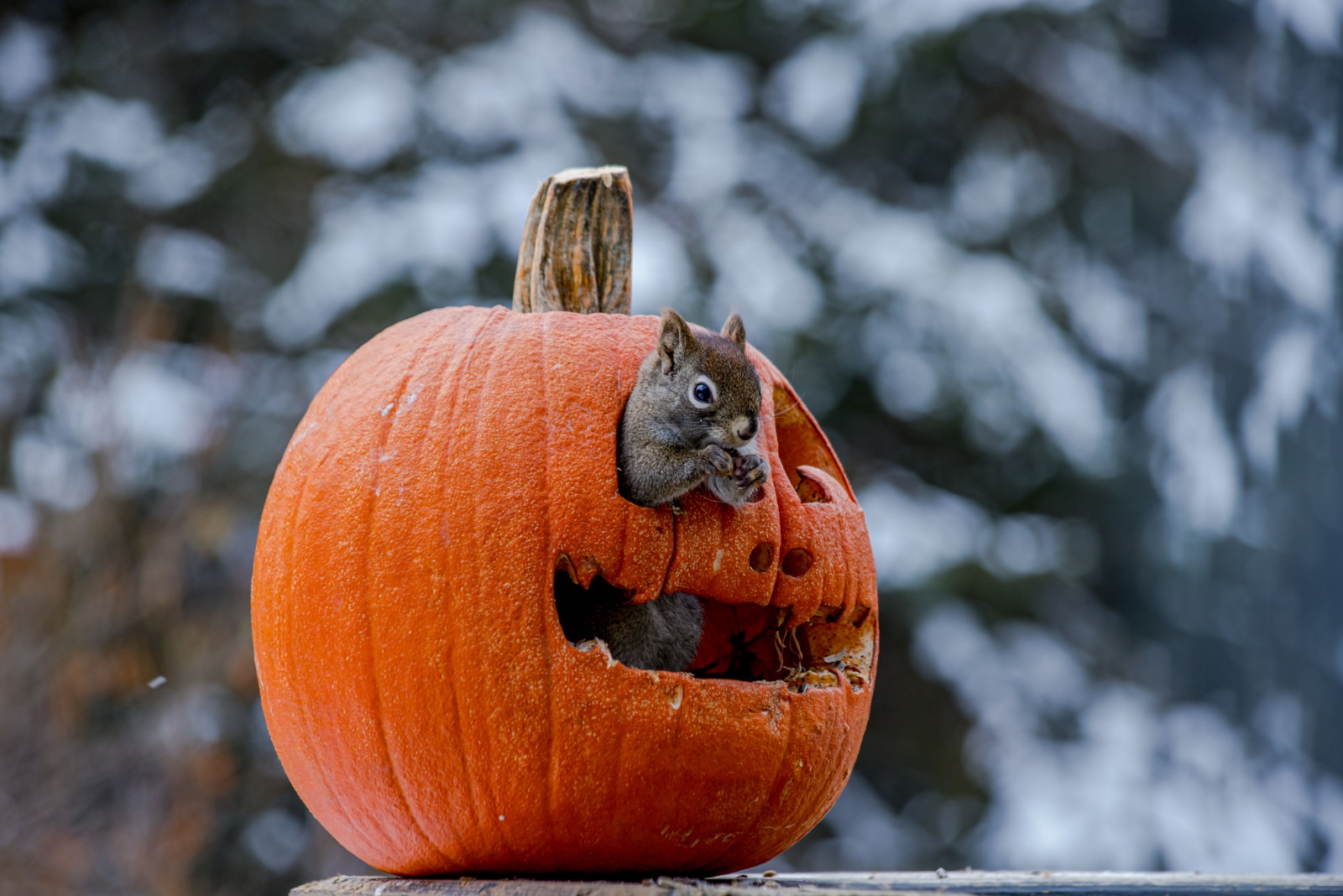
Fall in Illinois means pumpkins on porches, but hungry squirrels love to munch on them just as much as we love displaying them. Once these furry critters discover your pumpkins, they can destroy your decorations in just a day or two.
Luckily, Illinois homeowners have discovered several simple tricks that keep squirrels away without harming them or breaking the bank.
1. Sprinkle Cayenne Pepper Around Your Pumpkins

Squirrels have sensitive noses and taste buds, so spicy cayenne pepper works like a natural alarm system. When they get close to your pumpkins and smell the pepper, they quickly turn around and look elsewhere for food.
You’ll need to reapply the pepper after rain or heavy dew since water washes it away. Sprinkle it generously around the base of your pumpkins and on the ground nearby.
Many Illinois families keep a shaker bottle ready throughout October for quick touch-ups.
2. Coat Pumpkins With Petroleum Jelly
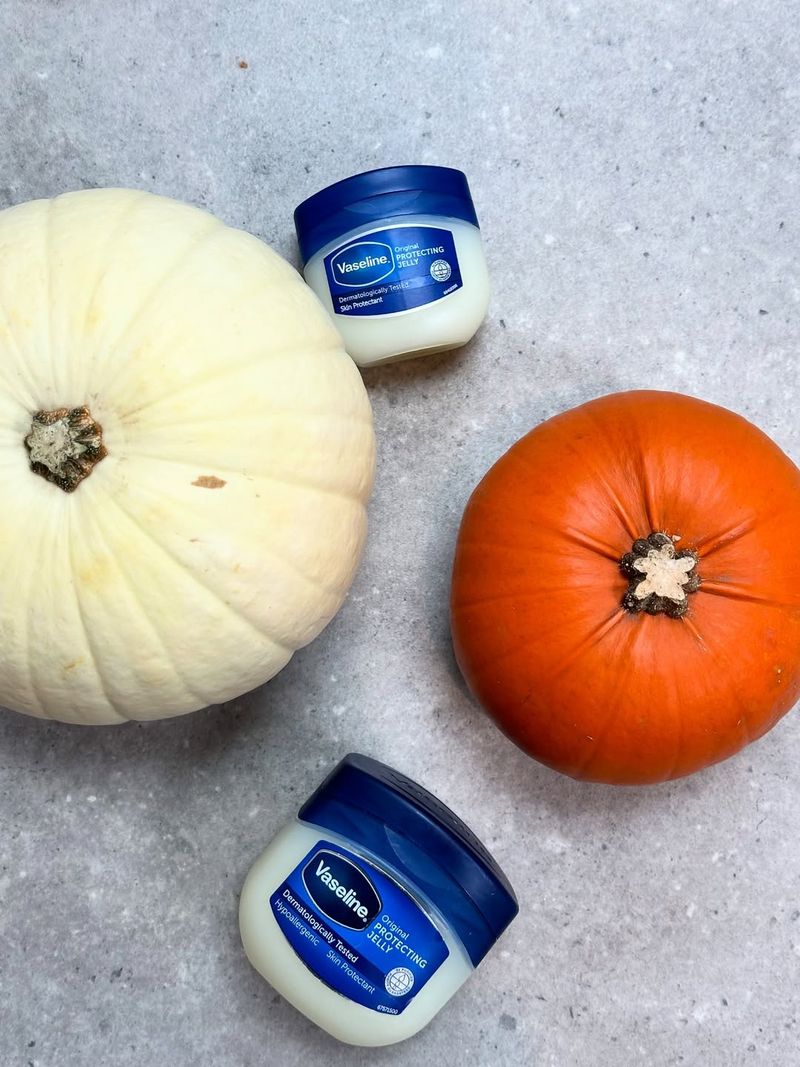
A slippery coating makes pumpkins unpleasant for squirrels to grip and nibble. Petroleum jelly creates a greasy barrier that discourages them from even trying to take a bite.
Simply rub a thick layer all over your pumpkin’s surface using your hands or a cloth. The texture feels weird to squirrels, and they don’t like getting their paws sticky.
This method lasts longer than sprays and won’t wash off easily during typical Illinois fall weather.
3. Spray Pumpkins With Vinegar Solution
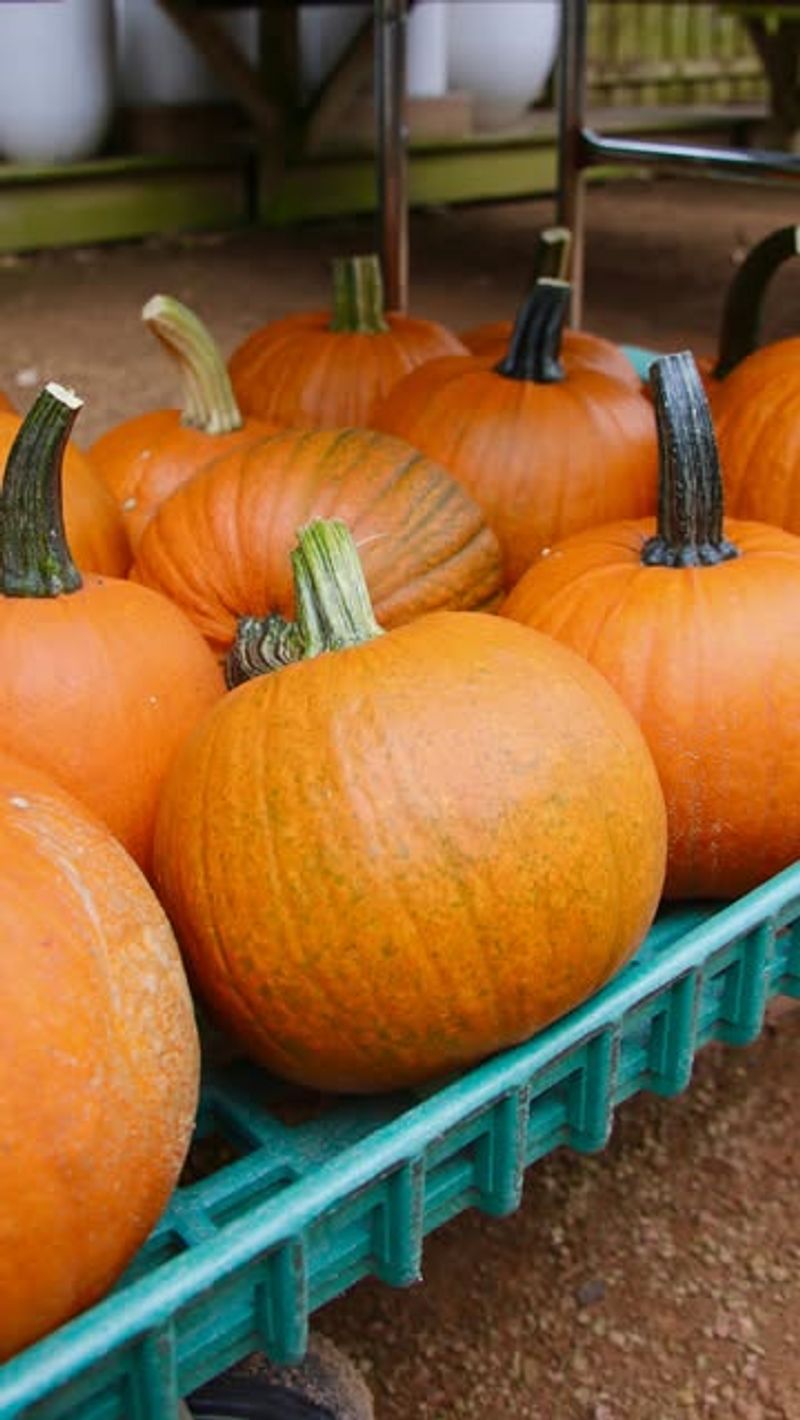
White vinegar’s strong smell overwhelms a squirrel’s sensitive nose and makes pumpkins smell unappealing. Mix equal parts water and white vinegar in a spray bottle for an easy homemade repellent.
Spray your pumpkins thoroughly every few days, especially after rainfall. The scent fades quickly for humans but lingers longer for animals with stronger senses.
This budget-friendly solution costs just pennies and uses ingredients most Illinois households already have in their kitchens.
4. Place Mothballs Near Your Display
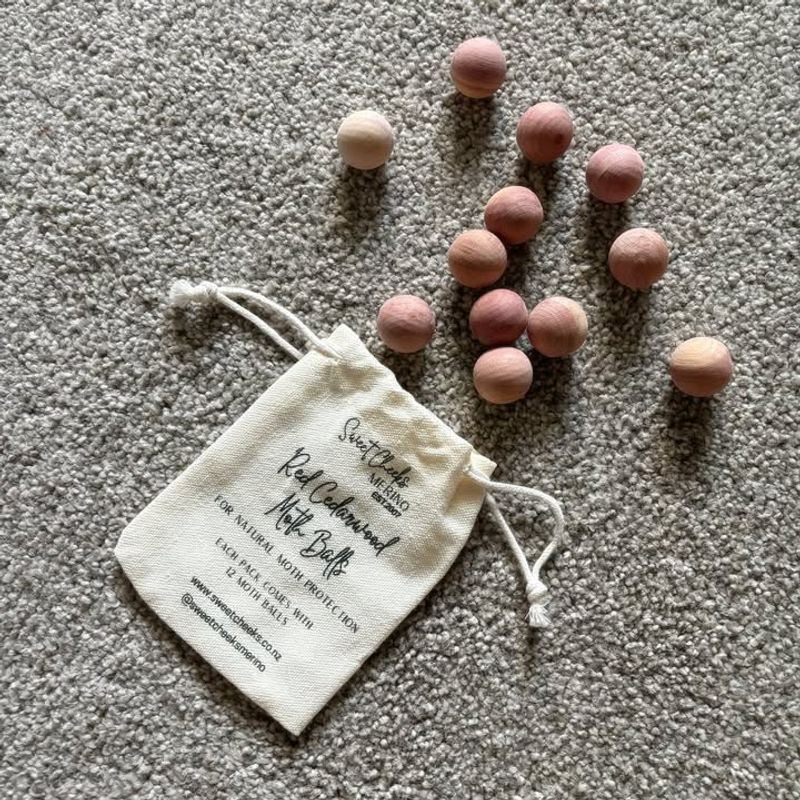
Mothballs release a powerful odor that squirrels absolutely hate but won’t harm your pumpkins. Place them in small bowls or mesh bags around your pumpkin display, not directly on the pumpkins themselves.
Keep them a few inches away so the smell creates an invisible barrier. Replace them weekly since they gradually lose their strength over time.
Remember to keep mothballs away from pets and small children, as they’re meant for outdoor decoration areas only.
5. Apply Hair Clippings Around The Area
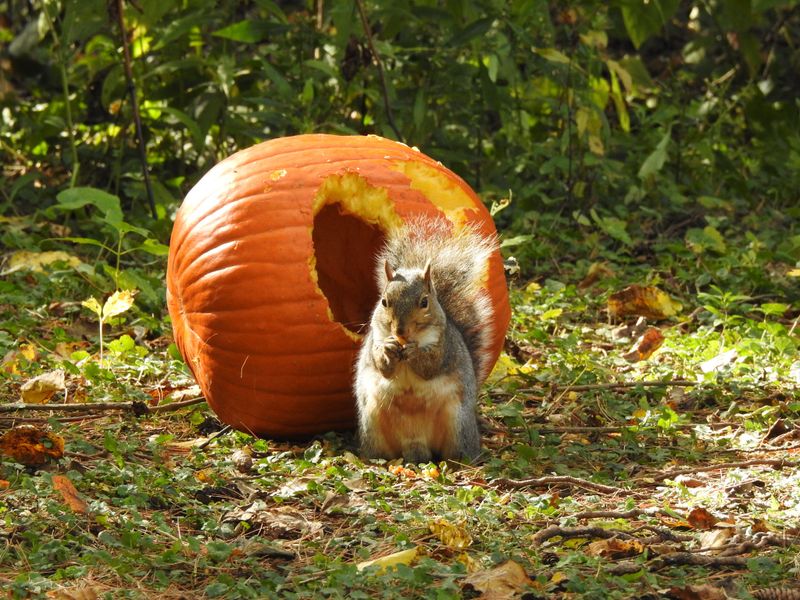
Human scent signals danger to squirrels because they instinctively avoid areas where people spend time. Hair clippings from your latest haircut work surprisingly well as a natural repellent.
Scatter the hair around your pumpkins and refresh it every week or so. Barbershops and salons often give away hair for free if you ask nicely.
Illinois homeowners swear by this old-fashioned trick that costs nothing and uses something you’d normally throw away anyway.
6. Rub Pumpkins With Strong-Smelling Soap
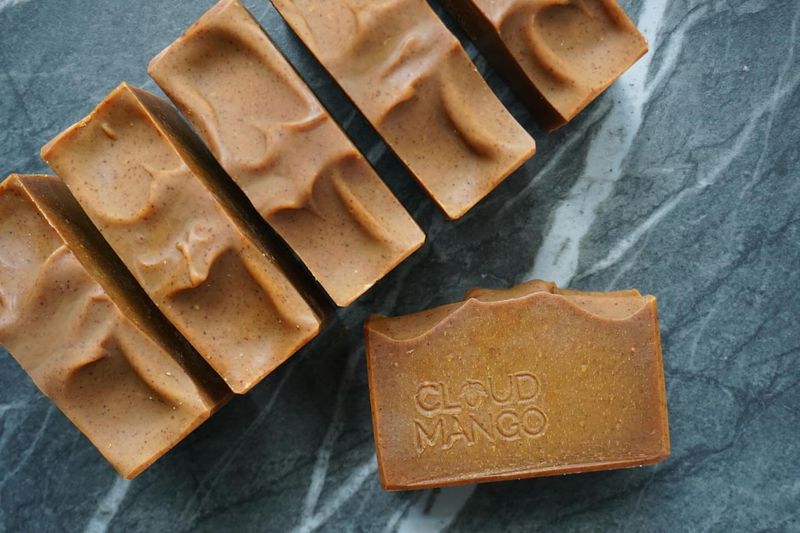
Irish Spring soap has become legendary among gardeners for keeping critters away from plants and decorations. The strong fragrance confuses squirrels and masks the natural pumpkin smell they find so attractive.
Rub the soap bar directly on your pumpkin’s surface or grate some soap flakes around the base. Reapply after heavy rain washes the scent away.
One bar lasts an entire season and costs less than most commercial repellent sprays sold at stores.
7. Cover Pumpkins With Chicken Wire Cages
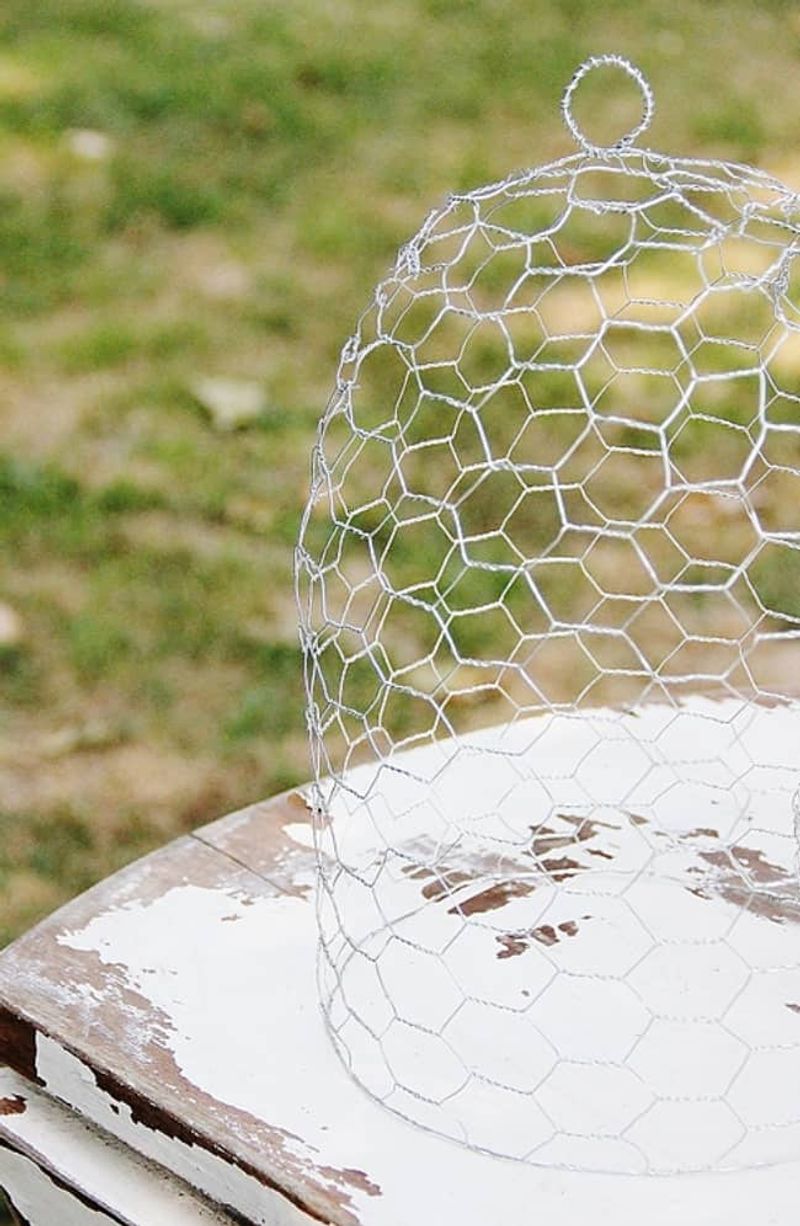
Building a simple cage creates a physical barrier that squirrels simply cannot penetrate. Cut chicken wire into panels and shape them around your pumpkins, securing the edges with zip ties or wire.
You can still see your beautiful pumpkins through the mesh, but squirrels can’t reach them to nibble. This method requires a bit more effort upfront but provides guaranteed protection.
Many Illinois families reuse the same cages year after year, making it a smart long-term investment.

